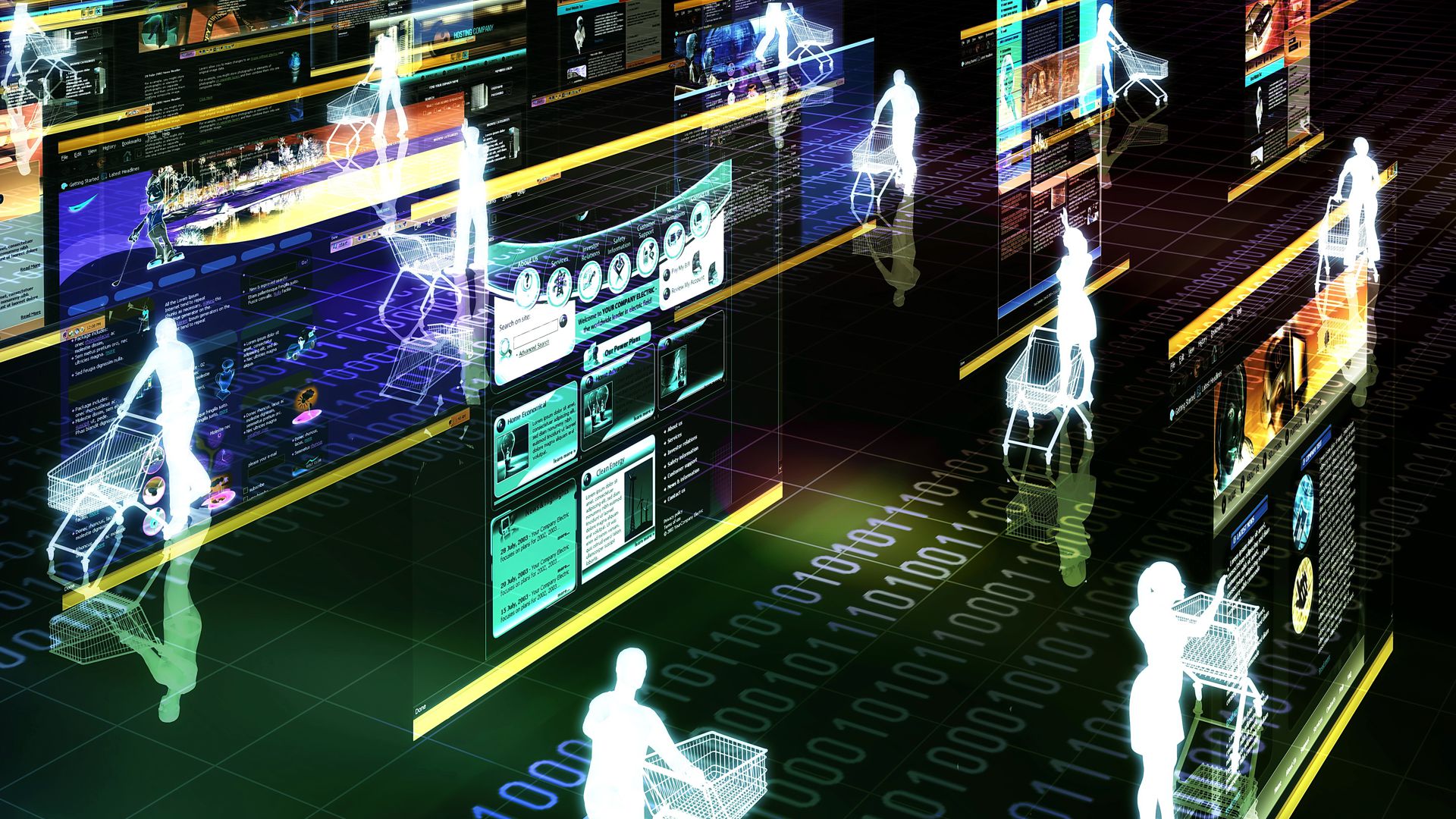Have you ever heard someone say that there is no shortage of money, in fact there is an abundance of it? This is what the rich understand and the poor do not.
I’ve heard it quite a few times, several times in the last week alone.
What does this really mean? I had to really think about it too.
The following is my take on what they mean about how money really works. Like most things, there is a reason it is important and some important lessons to be learned that go with it. So I encourage you to stick with all the parts.
How Many People Think Money Works
There is a giant pot of money which is divided between all of the people. Rich people get a lot. Poor people don’t get much.

The attitude that results from this is that money is greed. The thinking goes that if I have a lot of money someone else can’t have as much. There is a finite amount and it is divided between haves and have nots.

Exactly how many pots of money do YOU have tucked away under your bed? 
If you are like most, not much. Some change in a jar. Some cash in your wallet. Maybe a little tucked away at home on your dresser. You certainly don’t keep your entire earnings or wealth at home.
Money is Really About Value and Flow
Money is an artificial man-made construct to aid the exchange of goods and services… or the exchange of value. It only has value because we as a society have set up rules and given it value. It is a means of exchanging value without having to resort to direct bartering (a visit to the dentist for a cow).
Money is in constant flow.
You work to create some value for your employer. In exchange for this value you get paid money. The value you create for your employer should be larger than you get paid otherwise it would not make sense to keep you around.
The government takes a percentage of this as taxes and uses it to purchase goods and services (things of value) effectively redistributing your money.
You then need to buy things (of value) to live and survive:
- Shelter (mortgage, rent, utilities, more taxes, etc.)
- Food
- Clothing
- Etc.
This is your non-discretionary income. What is left over is your discretionary income.

You have two choices for dealing with your discretionary income.
- Option 1: You can spend your money on things you perceive to have value to you (entertainment, physical goods, services, etc.).
- Option 2: You can save or invest your money.
So money comes in and money goes out. This is the flow of money.
In reality money also flows in bursts as you get paid and spend it. It also flows in cycles over the year.
You do something of value (unless you are a thief or fraudster), get paid a fair amount for that work, product or service and then you in turn purchase things of value.



